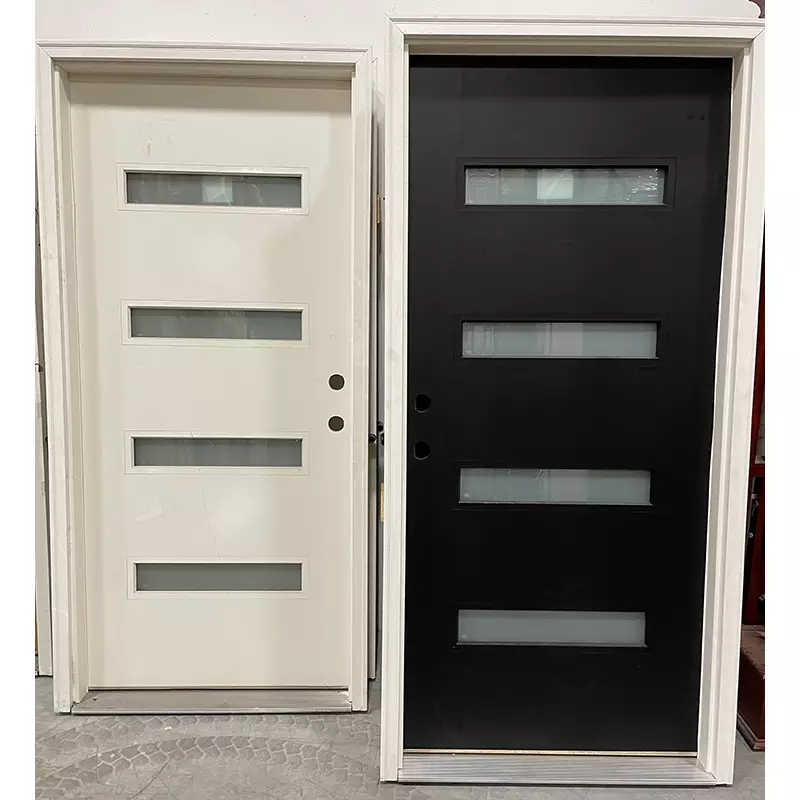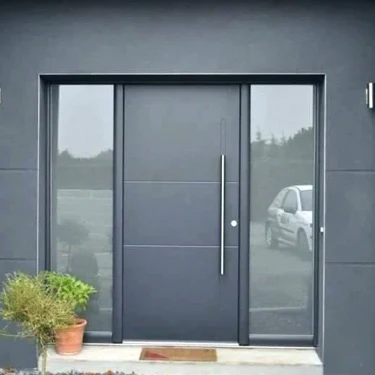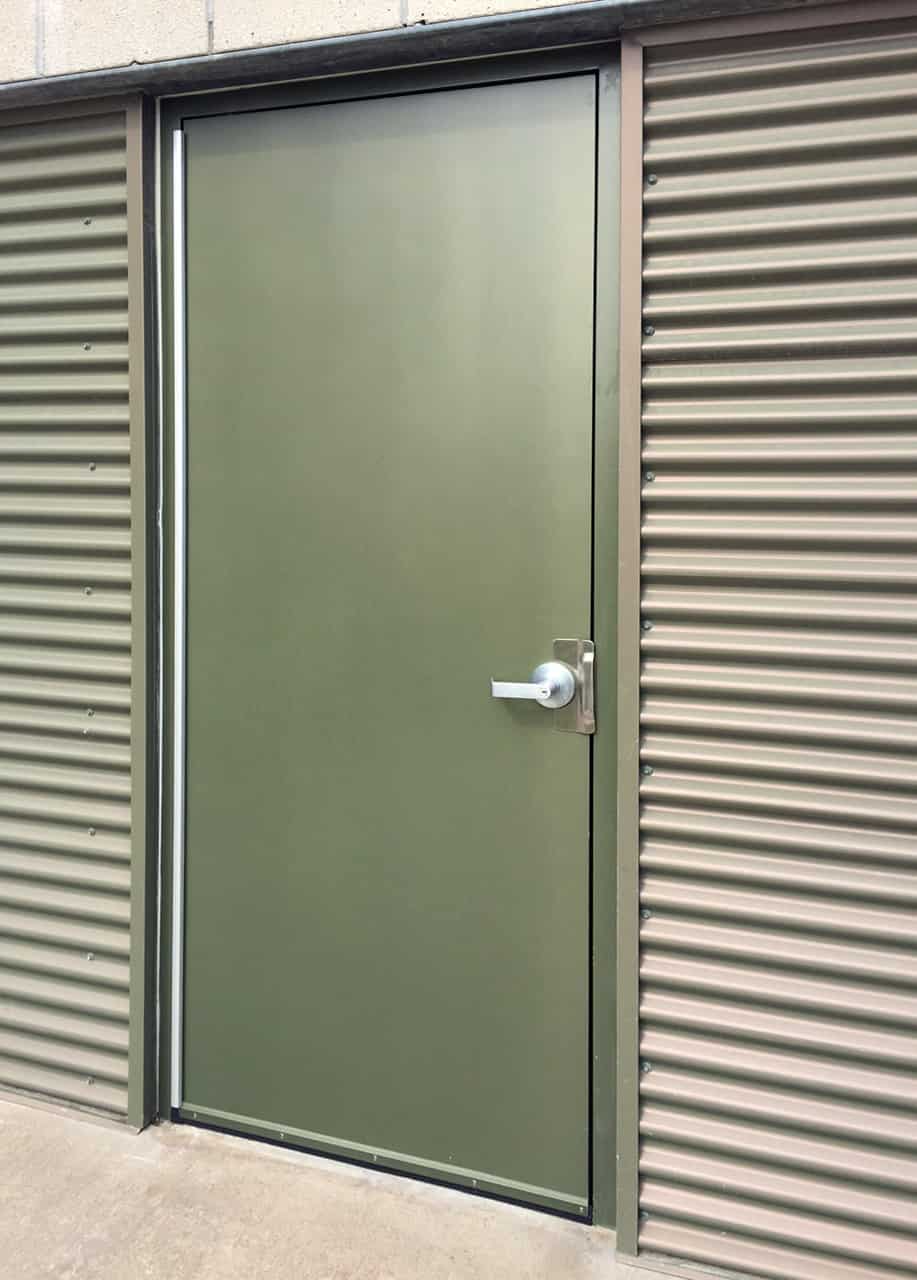DOORS
Manufacture building components like window panels and doors. It also have good features like weather ability design flexibility, fire retardant, light weight etc. Fiberglass is a strong lightweight material and is used for many products. Although it is not as strong and stiff as composites based on carbon fiber, it is less brittle, and its raw materials are much cheaper. Its bulk strength and weight are also better than many metals…


They’re weatherproof, easy to maintain, and harder than ever to distinguish from wood.
Is it good at look, How long will it last?
Some of the best fiberglass doors have gotten so good at mimicking the look, feel, and thunk of wood that you could swing one open and close it behind you without ever realizing you weren’t handling solid mahogany, oak, or pine. Because they’re made from the same family of glass-fiber-reinforced polymers used to craft airplanes, surfboards, and Corvettes, these super-durable doors won’t warp, rot, shrink, or swell like wood doors—and they boast superior resistance to insects and fire, too.
As for curb appeal, forget the plastic-looking imposters introduced a couple of decades ago. The best models feature convincingly textured fiberglass “skins,” energy-saving insulation, and a lengthy menu of finish options, as well as molding, glass, and hardware choices to match any house style.


A lifetime warranty is standard; the maker will replace the door if it fails for as long as you own your house. Glass and factory-finish warranties are another story, typically 10 to 20 years and one to three years, respectively.
- It’s stable. Fiberglass doesn’t shrink and swell like wood, so these doors won’t stick in summer or let in drafts in winter. And the molded panels and window grilles won’t require recalling.
- It’s energy efficient. Thanks to the insulating foam inside, a fiberglass door is typically about R-6, compared with R-2 for wood. Keep in mind, however, that adding windows—even ones with low-e glass—significantly lowers the advantage.
- It’s low maintenance. The only routine upkeep needed is regular cleaning with a damp cloth. Because fiberglass doesn’t expand and contract, temperature swings don’t degrade the finish. A restorative top coat of clear marine varnish (for a wood-look door) or paint can help prevent fading—which will happen sooner if your door faces the beating sun, has a dark finish, or has no sheltering overhang. Keep that protective coat fresh, says This Old House general contractor Tom Silva, and the finish will look good indefinitely.

